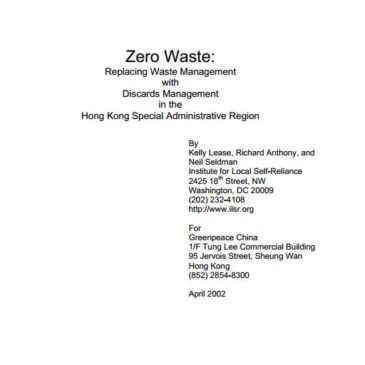Obama’s Plan to Help Renewable Energy May Backfire and Aid Big Coal
Obama’s plan for a "national smart grid" needs closer examination. An expanded national grid would be anything but smart. In the New York Times, Al Gore insists the new president should give the highest priority to "the planning and construction of a unified national smart grid. "President Barack Obama, responding to a question by MSNBC’s Rachel Maddow, declares that one of "the most important infrastructure projects that we need is a whole new electricity grid … a smart grid."




